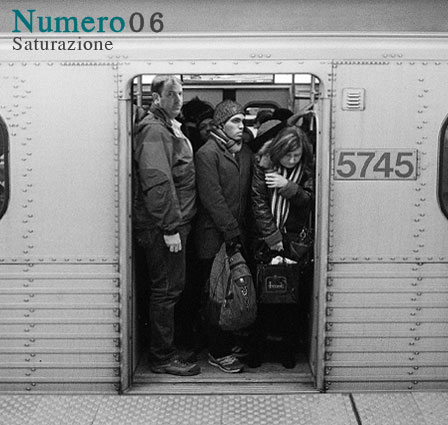L'epoca del tappo
Editoriale italiano
DOI:
https://doi.org/10.13135/2038-6788/8910Abstract
“Saturation” is both a widespread feeling and a concept under shock, a concept that must be rethought. As a feeling, “saturation” designates something like being fed up. “Saturation” indicates a condition of too much fullness. Many political groups take advantage of this feeling by resorting to a physicist conception of space according to which one can no longer continue in this way, and one needs to “empty out the tub.”
As a concept, “saturation” perhaps identifies the originary political scene. As if the “political” (in the neutral sense of the political dimension, das Politische) had been determined, ever since the beginning, by a confrontation with paucity and overcrowded conditions, and consisted in the wager that finding a solution is possible. At first, the answer is through war and the occupation of others’ spaces. Subsequently and ultimately, it is through peace. In this political sense, “saturation” would be the originary distributive condition. One must distribute that which is not there. The problem of the “political” is how distribution can emerge from saturation.
For this reason, the destiny of spaces that are small and too saturated, such as those of Israel and Palestine, appears as the fundamental hermeneutic key for our future. Once we arrive, as it were, at the end of lands, spaces (which are lacking) can no longer be conquered; rather, they need to be invented. To find spaces, as well as to find resources, has become one of the privileged words of “the political.” How this can happen not through cuts and redistributions alone and even less through conquests and expulsions but through an increased space, an augmented reality—this is the puzzle that is facing us.



